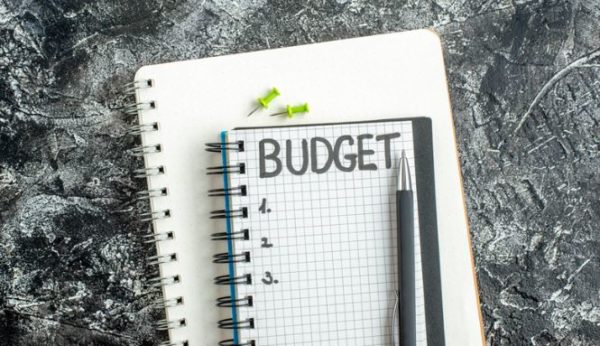Lifestyle
5 reasons your budget isn’t working for you

The best way to manage your money, achieve your financial goals and become financially independent is to make and stick to a budget.
A good budget captures all your income, expenses and savings. If you’ve started using a budget but find that it’s not working as expected, you’re bound to feel discouraged and abandon it altogether.
However, a look into your budget, expectations as well as spending habits could provide useful information as to why your budget isn’t working.
Below are five reasons why your budget isn’t working for you and what you can do to remedy that:
1. You have unrealistic expectations
Just like any other goal you wish to attain, it takes time to see the results of a budget. If you have made a good budget, give it time to start reflecting the desired results. In the first few months, assess if your budget is working for you and make the required adjustments and then give it time to start working.
2. Your budget leaves no room for fun
You work hard for your money so you should be able to enjoy it albeit in a responsible way. Among your expenses, ensure you alott some money for fun activities such as hobbies and entertainment. This will make the process of sticking to your budget more enjoyable since you won’t feel like you’re missing out.
3. You lack discipline
Discipline is one word whose importance I’ve started in my adulthood. It takes a lot to say no to things you want to do but know you shouldn’t. These include activities that will affect your budget.
For your budget to work and work well, you need to be disciplined. Spend only what has been alotted, say no when it’s an out-of-budget expense and plan ahead before making big payments/purchases.
4. You’re don’t adjust it
A budget is supposed to work for you. Thus, if you notice that it isn’t working for you, your expenses and income change or your lifestyle changes, you’re allowed to adjust your budget so that it reflects that. As you assess your expenditure every month, look at how it’s working for you and adjust it accordingly.
5. You’re living beyond your means
One important step when you’re coming up with a budget is to write down all your expenses. These include fixed and varied expenses i.e. monthly and yearly bills, groceries, entertainment, medical, etc. You then alott money to these expenses accordingly, cutting back on less important expenses to provide more money for others.
If you find that your expenses don’t leave room for anything else then you’re living beyond your means. Sit down and evaluate how you can reduce your expenditure to make it less than your income such that you have enough money for other items in your budget.









